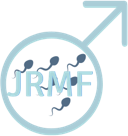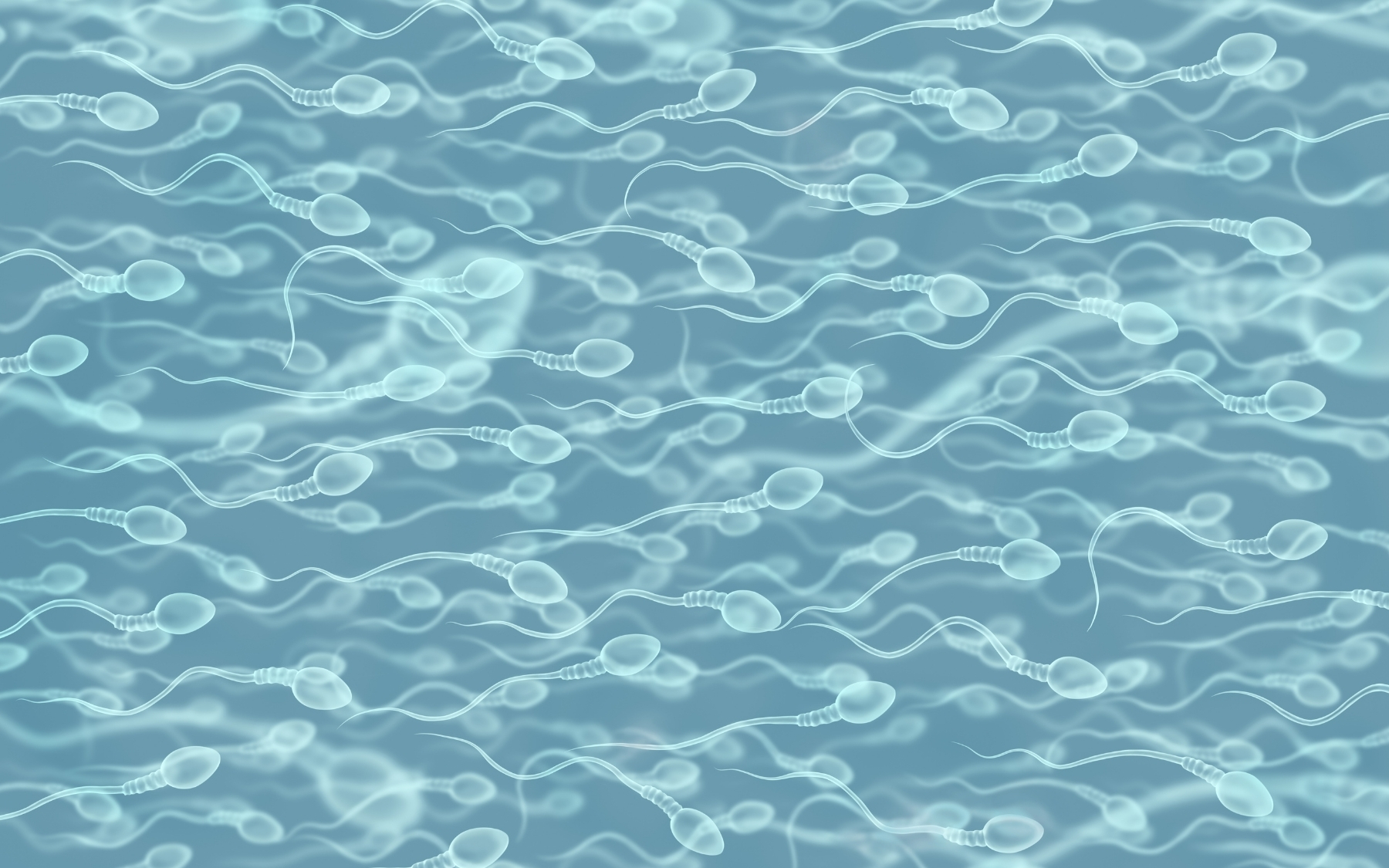Sperm retrieval is a broad term describing a variety of modern surgical techniques used to obtain sperm without ejaculation. Depending on your circumstances it may be used as an alternative to, or in conjunction with corrective surgery to maximise the chances of achieving a successful pregnancy.
The procedure used will depend on the outcome of your tests and the nature of exploration. Testicular Sperm Aspiration (TESA) is a simple procedure to extract some of the substance of one (or preferably both) testes for further analysis (e.g. with Obstructive Azoospermia). At the same time, testicular tissue is frozen so that any sperm present can be subsequently used.
There is increasing evidence that whilst testicular exploration, biopsy and sperm extraction should be as thorough as possible, it should also be limited in order to reduce the chance of subsequent testicular failure and low androgen levels.
It is our practice for the surgeon undertaking surgical sperm retrieval to be accompanied in the operating theatre by an embryologist experienced in the use of high quality microscopes. In this way optimal tissue extraction can be maximised without removing excessive non-sperm producing testicular tissue.
Over the past year, we have been looking more closely at the DNA quality of surgically retrieved sperm, by utilising a DNA fragmentation test. At present, our preliminary results are suggesting that in some cases, the DNA quality of testicular sperm may be better than in “ordinary” sperm samples.
Who may be recommended a sperm retrieval?
A sperm retrieval might be recommended for patients that have no sperm in the ejaculate and have had one or more failed IVF cycles. If the lack of sperm is caused by an obstruction this can be a very successful procedure.
There are two reasons why sperm may not be reaching the ejaculate.
- Obstructive azoospermia – the testicles are producing sperm; however, an obstruction is preventing it from reaching the ejaculate
- Non-obstructive azoospermia – this refers to a condition meaning that no (or only a small amount) sperm is produced, therefore meaning there is none in the ejaculate.
During the sperm retrieval procedure, Mr Jonathan Ramsay is always accompanied in the operating theatre by an experienced embryologist. Our embryologists are exceptionally trained and highly skilled at using state of the art microscopes to detect sperm motility, quality and numbers. By utilising this approach, we are able to preserve the maximum amount of non-sperm producing tissue whilst harvesting and extracting optimal tissue.
This article is intended to inform and give insight but not treat, diagnose or replace the advice of a doctor. Always seek medical advice with any questions regarding a medical condition.


0 Comments